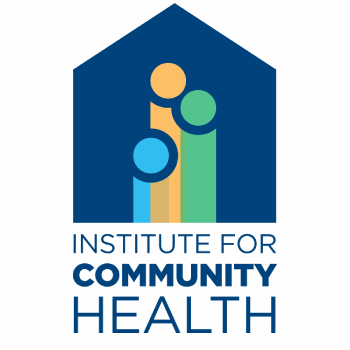Overdose Survivors' Stories Shed Light on Factors That Affect Racial Disparities in Access to Treatment in Boston

A new study led by the Institute for Community Health found that multilevel barriers negatively impacted treatment access and engagement for people who had experienced an opioid overdose in Boston.
MALDEN, Mass. — A new study led by the Institute for Community Health at Cambridge Health Alliance explores the causes of racial/ethnic inequities in access to opioid use disorder treatment and services in Boston. Despite an overall decline in opioid-related overdose deaths in 2023 in the Boston area, significant racial disparities remain. The study, recently published online by the Journal of General Internal Medicine and co-authored by researchers at the Boston Public Health Commission, Boston Medical Center, and University of California San Diego, centers the experiences and perspectives of overdose survivors with diverse racial identities to understand barriers to accessing substance use disorder treatment and other services.
"The Boston area has many resources for substance use disorder services, but we know that there are racial disparities in who receives treatment after an overdose," said Ranjani Paradise, PhD, lead author of the study and director of evaluation at the Institute for Community Health. “It is critical that we hear directly from overdose survivors with diverse racial identities to identify what is not working about our current systems and what we can do better to engage people in evidence-based services."
The researchers interviewed and surveyed a racially diverse group of 59 opioid overdose survivors in Boston about their experiences with substance use treatment and services and the factors that affect access and engagement. Participants described challenges connecting to services following overdose and barriers within specific programs, with Black and Latino/a/x subjects experiencing particular gaps. They also expressed a range of perspectives about using medication for opioid use disorder treatment; Black and Latino/a/x participants were more likely to have critical viewpoints. Many overdose survivors described experiencing bias, stigma, and racism from staff in healthcare and treatment settings, and the limited availability of housing, employment, and mental health care further impeded treatment access and engagement.
"Participants' stories highlight a complex set of intertwined factors that affect a person's access to and desire to engage in substance use treatment or other services after an overdose," said Dr. Paradise. “Our analysis shows how many of these factors have disproportionate effects on people of color."
Study findings point to the importance of addressing barriers at multiple levels, from individual to systemic, to meaningfully address inequities and improve access to services. The researchers propose programmatic and policy solutions that address racism, break down stigma, and ensure equitable access to evidence-based services and social supports.